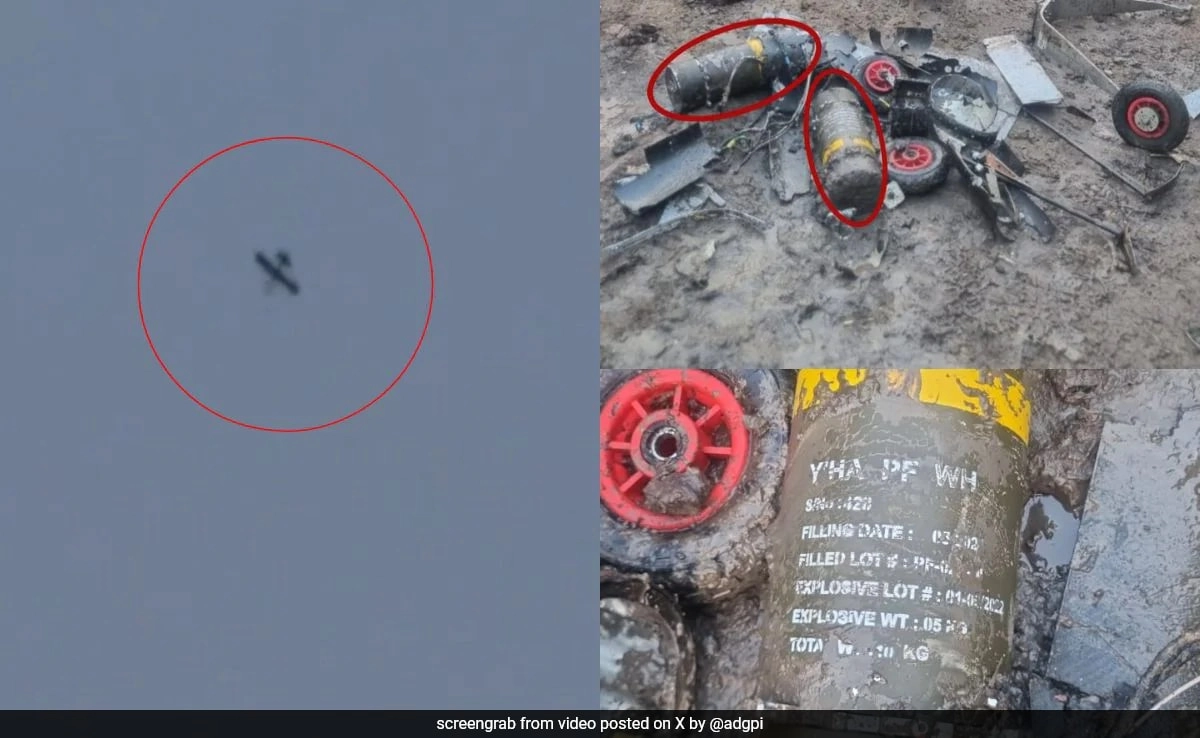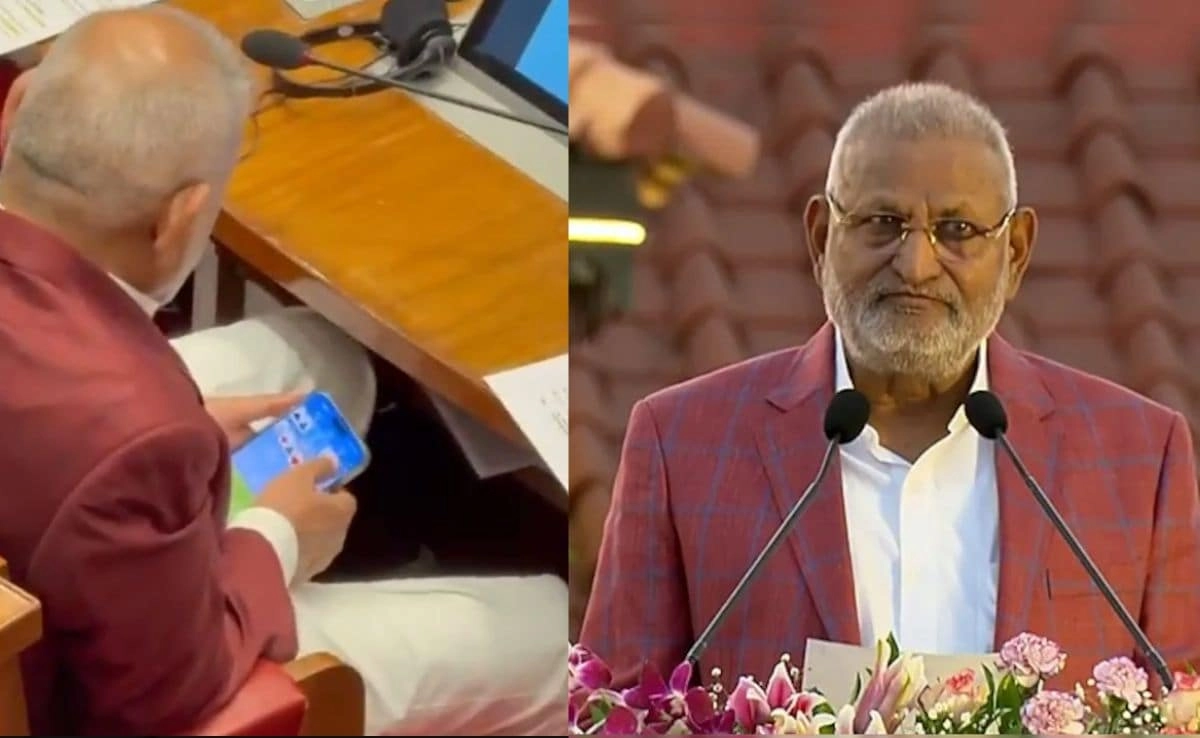The recent reports from the Indian Air Force regarding “GPS spoofing” in Myanmar have garnered significant attention, particularly as the military successfully executed its mission as planned. GPS spoofing, a technique used to deceive GPS receivers by providing false signals, can lead to misnavigation and disruption of operations. In the context of military operations, this can have profound implications, as it can affect the accuracy of navigation and targeting systems. The Indian Air Force’s acknowledgment of having achieved its mission goals despite these challenges highlights both the effectiveness of their strategies and the complexities involved in modern aerial operations.
The situation in Myanmar has been tense, with various factions and military entities engaged in conflict, raising concerns over regional stability. The Indian Air Force’s operations were likely aimed at addressing security issues that could potentially spill over into neighboring regions, including India. By utilizing advanced technology and tactics such as GPS spoofing, the Air Force was able to navigate the operational challenges posed by the terrain and the hostile environment. This mission’s success underscores the importance of technological advancements in modern warfare and the need for military forces to adapt to evolving threats.
Moreover, the implications of such operations extend beyond immediate military objectives. Engaging in GPS spoofing raises ethical questions regarding the use of technology in warfare, particularly in civilian areas where innocent lives may be at risk. The Indian Air Force’s ability to achieve its mission as planned reflects a carefully calculated approach that balances military efficacy with the potential humanitarian consequences of their actions. As the situation in Myanmar continues to evolve, the international community will be closely monitoring the ramifications of these military operations and the strategies employed by regional powers to maintain stability and security.
In conclusion, the Indian Air Force’s successful mission amidst the challenges of GPS spoofing in Myanmar is a testament to the complexities of modern military operations. As technology continues to evolve, the strategies employed in conflict zones will likewise develop, necessitating a careful consideration of both military objectives and the broader implications for regional peace and security. The situation in Myanmar serves as a critical case study for understanding the intersection of technology, military strategy, and ethical considerations in contemporary warfare.




